George Herbert (1593-1633) en español part I
I am generally more acquainted with Spanish Poetry (especially 17th century), however I have recently been boning up on English-language contemporaries of my favorite poets. As such, much of this English verse is amenable to Spanish translation after drinking in the likes of Lope, Gongora, and Quevedo. Of the so-called Metaphysical poets George Herbert is a good start. Quevedo being the most representative Metaphysical poet in Spanish. However, Herbert has a more limit subject matter in that he wrote strictly religious poetry with the use of a most understated and subtle poetics. So far I have translated 14 or so of his poems into Spanish.
Her is a selection from his bio at Wikipedia:
George Herbert (April 3, 1593 – March 1, 1633) was a Welsh poet, orator and a priest. Being born into an artistic and wealthy family, he received a good education which led on to him holding prominent positions at Cambridge University and Parliament. As a student at Trinity College, Cambridge, England, George Herbert excelled in languages and music. He went to college with the intention of becoming a priest, but his scholarship attracted the attention of King James I. Herbert served in parliament for two years. After the death of King James and at the urging of a friend, Herbert's interest in ordained ministry was renewed. In 1630, in his late thirties he gave up his secular ambitions and took holy orders in the Church of England, spending the rest of his life as a rector of the little parish of St. Andrew Bemerton, near Salisbury. He was noted for unfailing care for his parishioners, bringing the sacraments to them when they were ill, and providing food and clothing for those in need. Throughout his life he wrote religious poems characterized by a precision of language, a metrical versatility, and an ingenious use of imagery or conceits that was favored by the metaphysical school of poets. (From Wikipedia)
La Esperanza
Le di a la Esperanza un reloj mío mas Ella
Me dio un ancla
Luego le presenté un antiguo brevario
Y Ella una lupa me envió
Con eso un bote lleno de lágrimas le di
Y ella sólo mazorcas verdes de maíz
Ay delatadora, ¡no le traeré nada más!
Pues me esperaba un anillo.
Hope.
I Gave to Hope a watch of mine: but he An anchor gave to me.Then an old prayer-book I did present: And he an optick sent.With that I have a viall full of tears: But he a few green eares.Ah Loyterer! I’le no more, no more I’le bring:I did expect a ring. Himno-Diálogo El hombre- Ay, muerte miserable, ¿dónde está tu gloria? ¿Dónde tu famoso vigor, tu antiguo aguijón? La muerte- Ay, pobre mortal, falto de historia. Anda, estudia y lee como asesiné a Tu Rey. El hombre- Muerte miserable, ¿a quién le hizo daño? El mismo hechizo que le echaste te hechiza a su vez. La muerte- Deja hablar a los perdedores, pues morirás y estos mismos brazos te aplastarán. El hombre- No te detengas, haz lo que puedas. Y algún día seré mejor que antes Y tú cada vez peor pues no existirás.
|


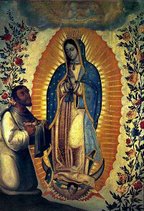
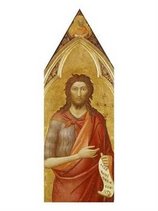


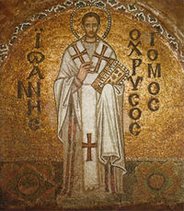
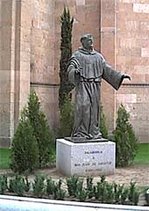

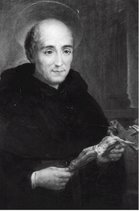
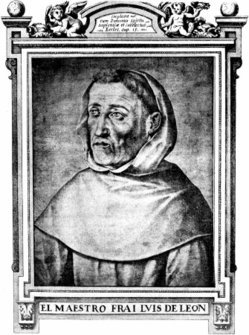




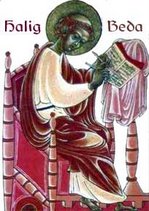

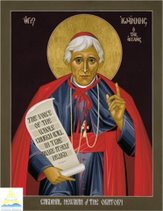




1 comment:
Antonio, acabo de descubrir tu blog y me parece realmente interesante. Enhorabuena. Te leeré asiduamente, sin duda.
Un saludo
Post a Comment